!chuds thoughts?
"DEI hire" is a new version of an old insult. For the past 50 years, the term "Affirmation Action hire" hurled the same accusations of ineptitude. Then and now, the goal is to imply that the person is incompetent --- even illegitimate --- whether they are the vice president of the US, the head of the Secret Service, a hypothetical airline pilot, a Supreme Court justice, a mayor, or a college president. The criticism is clear: a DEI hire "Didn't Earn It."
The usual response is to get defensive, insisting that the person's credentials are impeccable, and downplaying their race or gender. But race and gender are not superficial characteristics that can or should be stripped away in order to prove someone's merit. And the reality is that, more often than not, such hires don't lower the bar; *they raise it. *So maybe we should insist that "DEI hire" is a compliment --- even if that's not how it is intended.
DEI's opponents insist that underrepresented or marginalized groups have cheated the hiring process or skipped the line in order to advance. But there's no evidence that's true.
To be clear, the opposite of diversity is not meritocracy. It's homogeneity. And homogeneity, not diversity, is what tends to lower the bar. Homogeneity allows employers to remain too comfortable with the status quo and lets workers succumb to groupthink and other decision-making traps.
In homogenous companies, White leaders tend to be evaluated by less rigorous standards; they're seen more favorably when they succeed and penalized less harshly when they fail. And in organizations with fewer Black leaders, Black employees tend to have more fairness concerns and be more skeptical about whether their organizations will act honestly and ethically.
In contrast, diversity, equity and inclusion raise the standard for performance. Diversity --- whether of race, politics or gender --- has been found to enhance group problem-solving and decision-making. Racially diverse juries deliberate more thoughtfully. Politically diverse debate teams prepare more diligently. Mixed-gender teams of scientists are more likely to produce breakthroughs. Exposure to people from different backgrounds leads teammates to pause, question their assumptions, and explore better ways to proceed. This has a measurable impact on outcomes, and has been shown to improve on-the-job learning, innovation and even safety.
Inclusion matters too. There are decades of studies showing that when employees feel more included, they contribute more of themselves and their ideas. Workers of all backgrounds are more committed to teams and organizations that they believe operate fairly. And when organizations actively seek to reduce bias in hiring and promotion, it results in a more level playing field for everyone.
And there's yet another reason DEI tends to raise the bar: Leaders from historically underrepresented and excluded backgrounds must jump over hurdles of bias. These obstacles get a lot of attention from scholars like me, and the evidence on racial and gender bias is robust and consistent. It can also be dispiriting. But there's a positive spin to put on it, too: Those who do get ahead often possess extraordinary qualifications.
Is it fair to expect women or people of color to be not only as good as a White man, but better? That's a heavy burden. People like former Xerox CEO Ursula Burns and media mogul Oprah Winfrey represent rare, trailblazing success that many leaders try to emulate, but few replicate. And the pressure to perform better than everyone else contributes to mental and physical health complications, which can undermine performance.
Yet those who succeed can achieve exceptional outcomes. Their presence is expansive, redefining what leadership can look like and broadening the possibilities for everyone. For example, runner Allyson Felix ensured the first on-site childcare facility for athletes at the 2024 Olympics. Thasunda Brown Duckett, CEO of TIAA, has advocated for a series of financial reforms that would help the 40% of Americans who haven't been able to save for retirement. Tennis legends Serena and Venus Williams have fought for pay equity for female players and invested in 85 companies, including 14 unicorns, largely led by underrepresented founders.
So there's nothing wrong with intentionally bringing diversity, equity and inclusion to the table. In fact, it's exactly what's needed. So when someone accuses me of being a "DEI hire," I will respond with thanks, knowing that I've "Definitely Earned It."

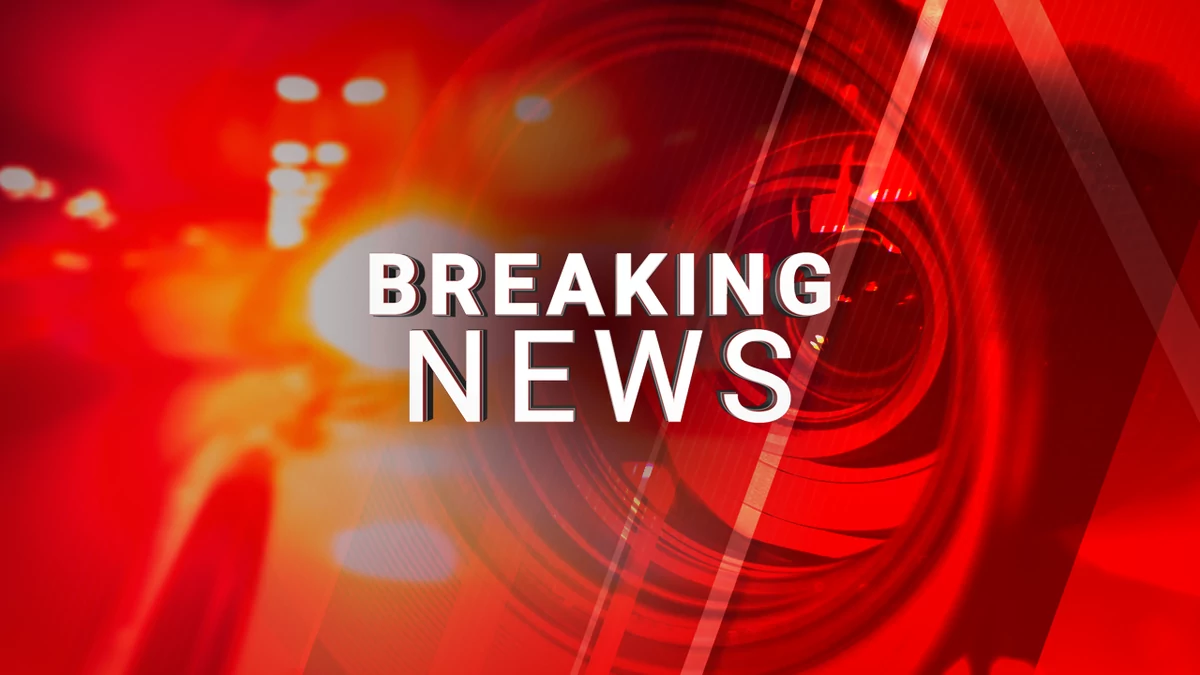
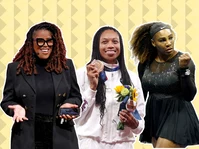
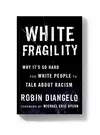
 Diversity Is Our Strength
Diversity Is Our Strength 
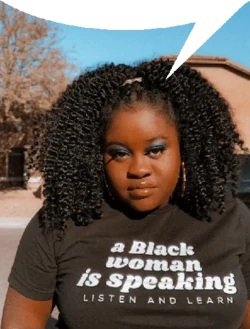


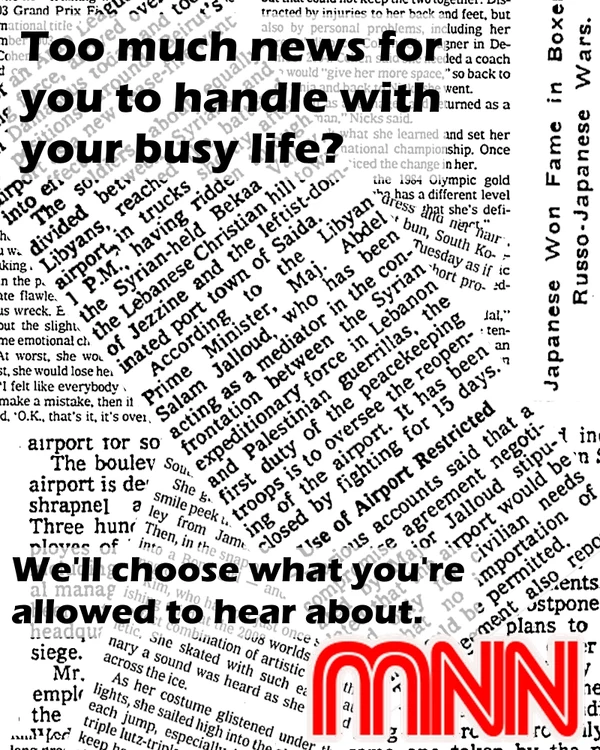


Jump in the discussion.
No email address required.
Surely people are more annoyed by the "piss on my head and tell me it's raining" mental gymnastics that the DEI brings?
You can't say "we don't favorite queer BIPOC hires" and say "we have a quota for queer BIPOC hires", it's just patently obvious doublethink.
Jump in the discussion.
No email address required.
that;s higher level thinking, you have to be be high IQ to be able to square two seemingly contradictory ideas.
Jump in the discussion.
No email address required.
I should've trusted the science saying nonchuds have high iqs than chuds.
Jump in the discussion.
No email address required.
More options
Context
More options
Context
We've poured thousands of collective years of thought into how DEI is actually good for companies, and 99.9% of the conclusions we always draw are It's Called Being a Decent Human Being.
America' long, drawn-out brainstorm session has come up with literally just that, and a handful of sophistic arguments that real, working adults don't buy. It's okay, though, because all our white collar work is going to get sent to India or the Philippines anyway, and then it'll all get completely automated by 2030.
Once the workforce is 95% automated, I only worry how exactly America will trick itself into looking at obese black women next. I'm sure Gen Alpha will come up with some great solutions.
Jump in the discussion.
No email address required.
More options
Context
The way this is justified is to say that any hiring system that does not have quotas or some sort of AA policy is actually racist. eg. For college admissions, SAT scores are racist and don't measure what's really important for educational success. When you challenge this empirical claim and show that in fact blacks who are admitted under AA policies do less well in school then the focus shifts to say that the way that students are taught/evaluated within school is racist and must be restructured.
Jump in the discussion.
No email address required.
More options
Context
Almost like BIPOCs are above the law and constitution
Trans lives matter
Jump in the discussion.
No email address required.
More options
Context
More options
Context